Nigeria’s leading telecom operators have warned they may cut off USSD services for banks over what they describe as misleading information and unpaid debts.
This growing tension between the two sectors could affect millions of Nigerians who rely on USSD for everyday mobile banking.
On June 3, several commercial banks sent out messages to customers, stating that the Nigerian Communications Commission (NCC) had instructed a switch in USSD billing.
According to the notice, customers would now be charged from their airtime balance instead of their bank accounts.
However, telecom providers under the Association of Licensed Telecom Operators of Nigeria (ALTON) have pushed back.
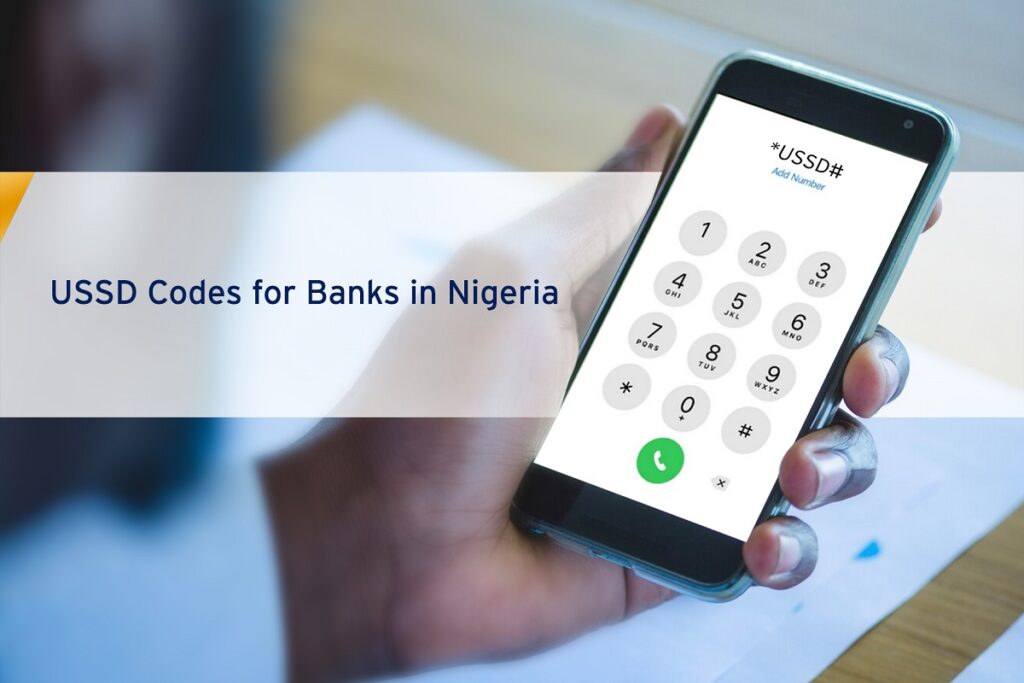
They claim the banks’ announcement was not only inaccurate but also ignored the real agreement that had been reached.
“I don’t understand why the banks are distorting agreements to suit themselves,” said ALTON Chairman, Engr. Gbenga Adebayo.
He explained that there was no such direct instruction from the NCC.
Instead, he clarified it was the result of a broader regulatory agreement involving the NCC, Central Bank of Nigeria (CBN), banks, and telcos.
The arrangement was that banks could only shift to airtime-based billing if they first settled their outstanding USSD debts.
“The information they released wasn’t a directive from the NCC, but the outcome of a joint regulatory agreement,” Adebayo stressed.
He added that some banks have paid what they owe, but the majority still haven’t.
Until those debts are cleared, telecom operators insist that full implementation of the new billing system should not proceed.
USSD banking services allow users to perform transactions by dialing short codes without internet access.
The service remains widely used, especially in rural areas where smartphones and mobile data are limited.
Moreover, Adebayo warned of serious consequences if the matter isn’t resolved.
“If this is how they plan to handle the agreement, we may withdraw USSD support. It’s not compulsory,” he said.
“They can operate without it, but they must first settle their debts as agreed.”
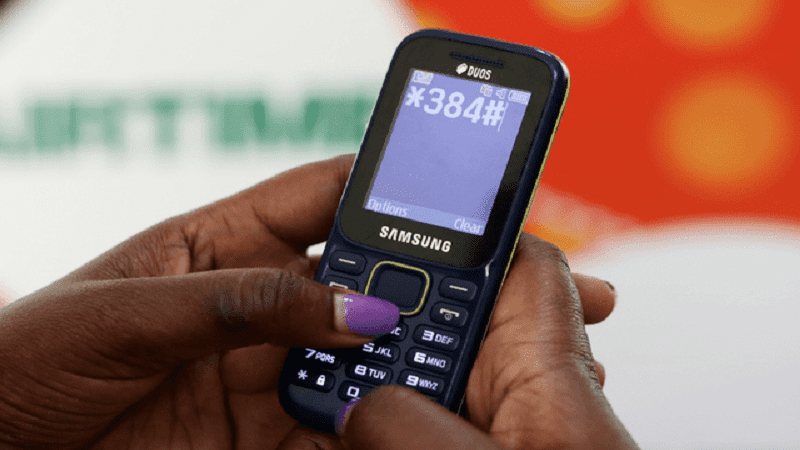
This standstill could affect the banking experience for many Nigerians, especially those dependent on USSD banking for simple tasks like balance checks, transfers, or bill payments.
In addition, telcos insist that any shift to the end-user billing model must be done transparently, with full agreement from all sides involved.
To prevent further tension and customer inconvenience, there is now a clear need for a balanced resolution.
Meanwhile, mobile users are advised to remain alert and informed, as the billing method for USSD banking services may change depending on the outcome of these talks.
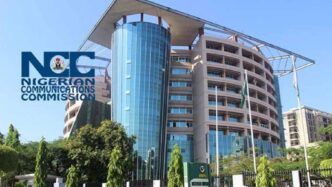
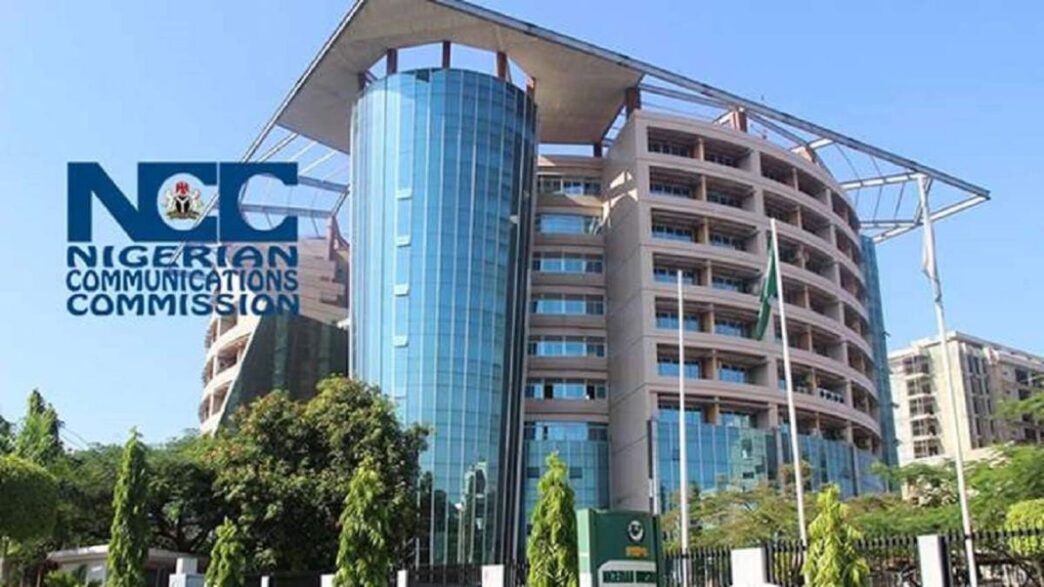
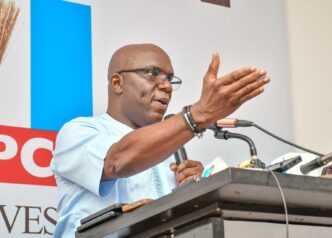
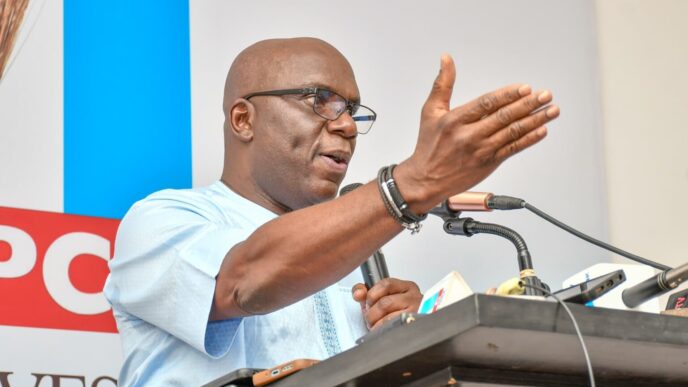
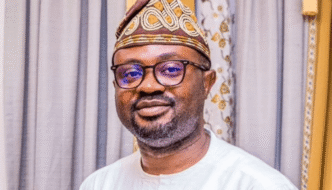
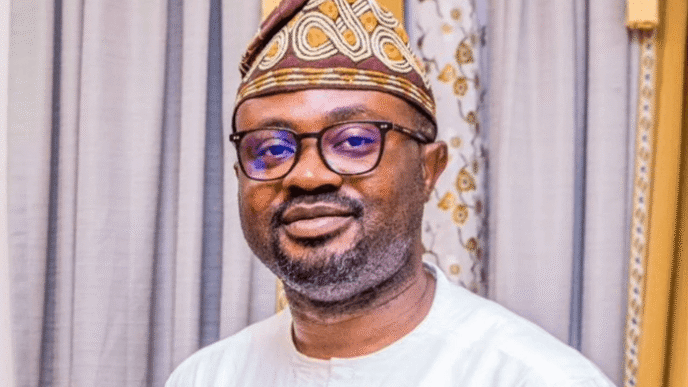
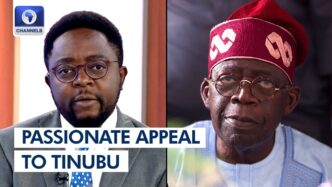
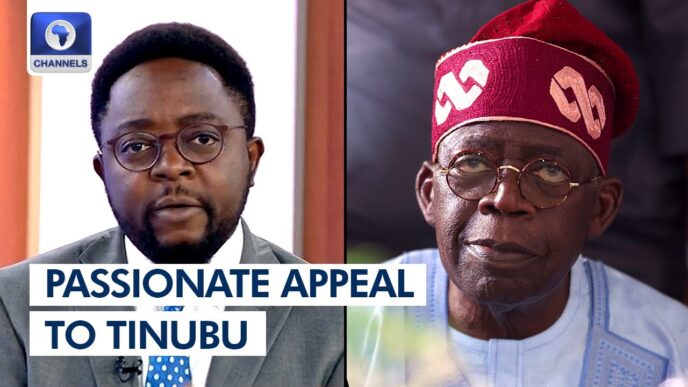
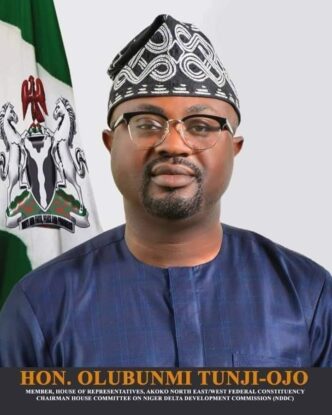

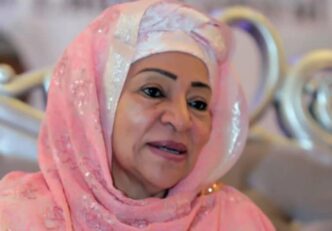
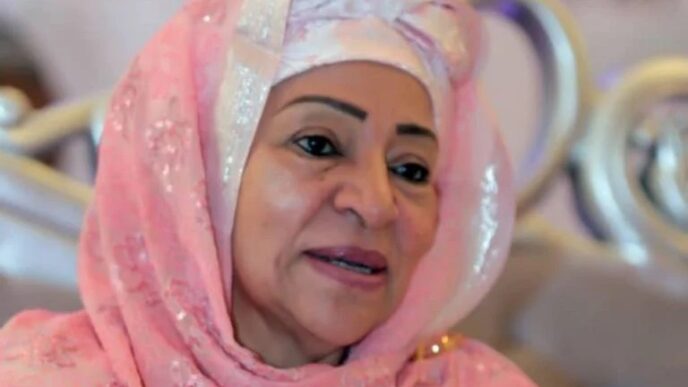
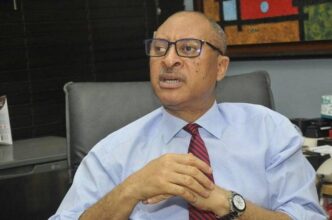
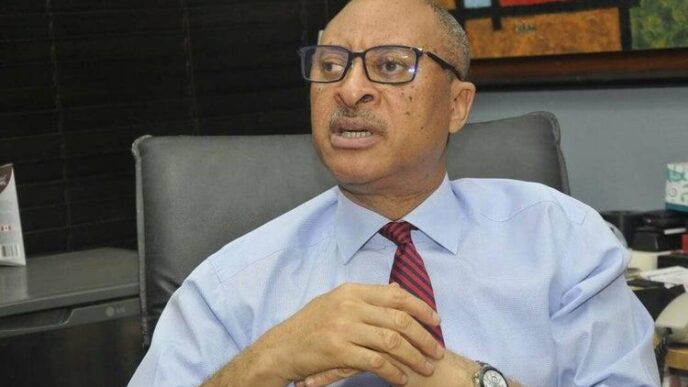
Everything all bounces on the people at the grassroot